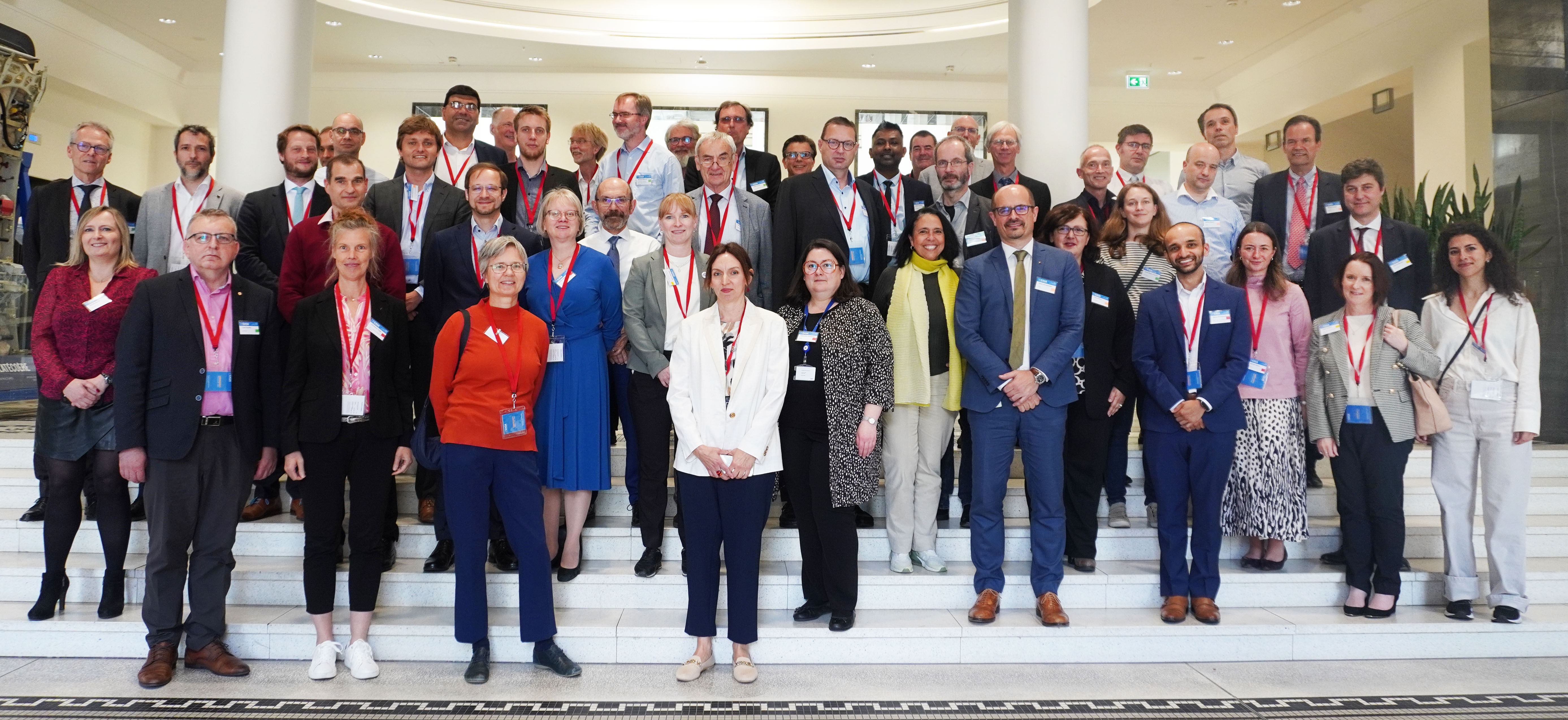COLOGNE, June 12, 2024 — To achieve Europe’s climate goal of net zero greenhouse gas emissions by 2050, we need to address the total climate effects from aviation emissions, considering both CO2 and non-CO2 emissions.
The European Union Aviation Safety Agency (EASA) has been tasked by the European Commission to establish the “Aviation Non-CO2 Experts Network (ANCEN)”. The objective of ANCEN is to enable a coordinated approach across a wide range of stakeholders (e.g. research, industry, regulators, and policymakers), to provide objective, timely, consensual, and credible technical advice. This will inform policy discussions on the development, agreement, and implementation of effective action within Europe and worldwide, to mitigate the overall climate impacts caused by aviation (CO2 and non-CO2 emissions).

“I am happy to launch the important work required to get clarity on what impact aviation has on climate beyond CO2. EASA´s role as aviation regulator includes the definition of the certification requirements for all future commercial aircraft flying within the European sky,” said Luc Tytgat, High Representative of the Executive Director at EASA.
“Addressing the climate impact from both CO2 and non-CO2 aviation emissions will require improvements in scientific knowledge and impact assessment capabilities to identify effective mitigation measures. The impressive level of expertise in this network provides a solid foundation to offer advice on future political decision-making, to move towards a more sustainable aviation sector.”
The first meeting of the network is taking place from 11 to 13 June at the EASA Headquarters in Cologne. The ANCEN Terms of Reference and list of Members can be found on the dedicated webpage: https://www.easa.europa.eu/ANCEN, as will future work deliverables, once completed.
Official news published at https://www.easa.europa.eu/en/node/139952
The post EASA kicks off experts network to tackle effects of non-CO2 emissions first appeared on Reliable News.



More Stories
Additional Member States and first airports join EASA’s award-winning Data4Safety programme
EASA publishes first Easy Access Rules for small category VCA
EASA publishes CBTA Opinion for training next ATCO generation